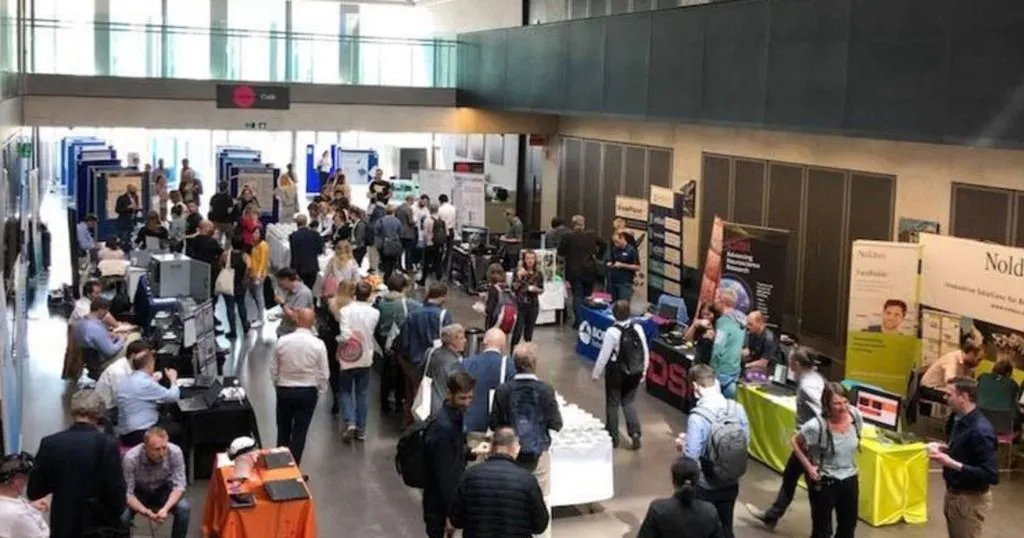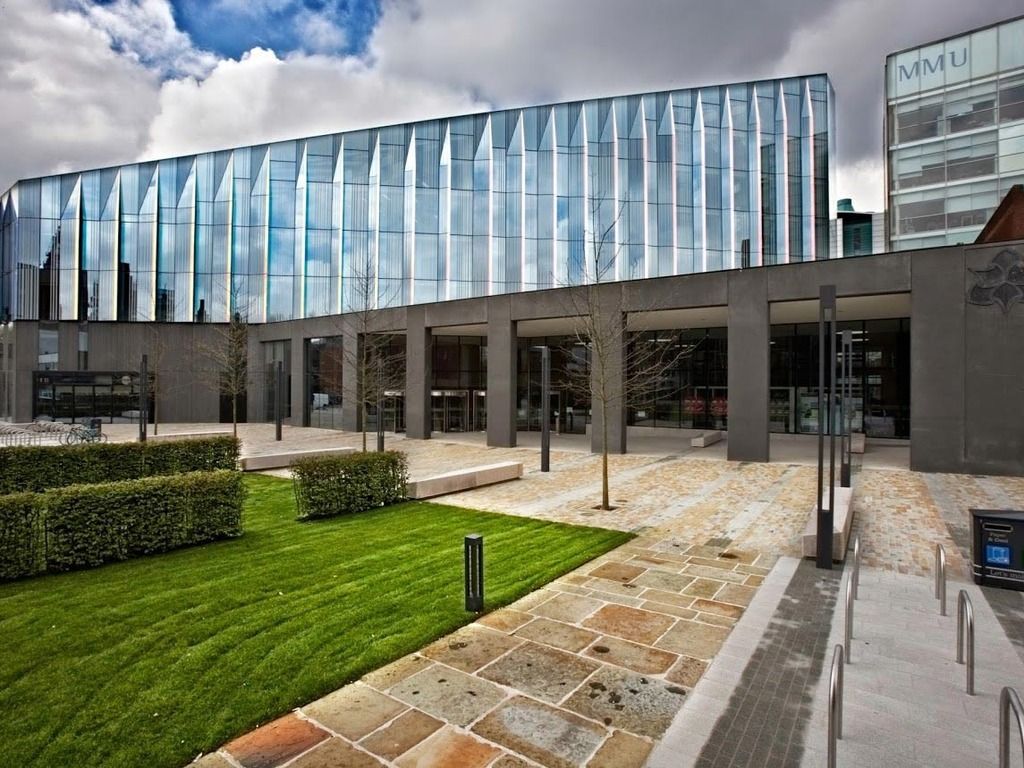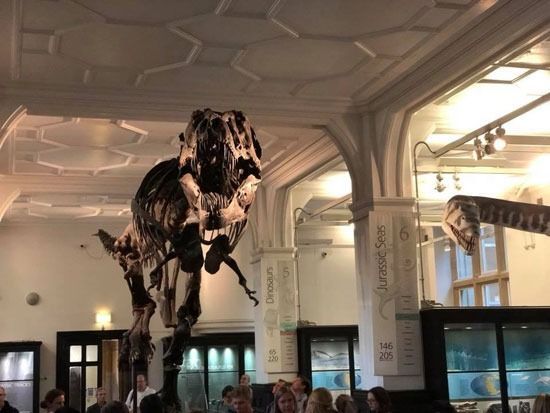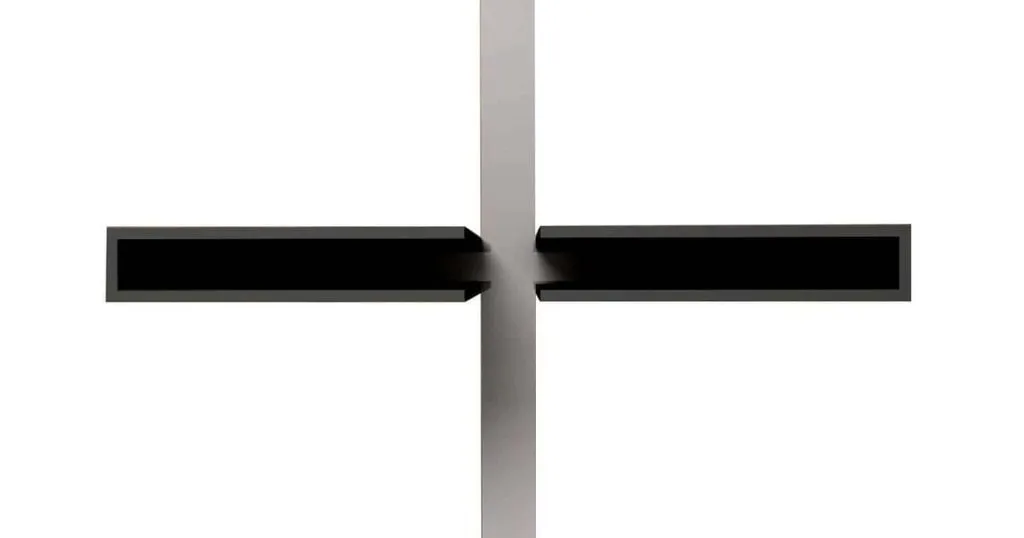Many ways to measure behavior
So what kind of behavior can you measure? We haven't had time to follow all five behavior research tracks but here are a few highlights of the first conference day.
Posted by
Published on
Thu 07 Jun. 2018
Topics

So what kind of behavior can you measure? At the Measuring Behavior conference, researchers present methods and techniques to get insights into pig behavior in a stable, teacher behavior in a classroom, visitor behavior in a museum, crab behavior in an open field, citizen behavior in a smart city, consumer behavior in a store, and much much more. We haven't had time to follow all five behavior research tracks but here are a few highlights of the first conference day.
Understanding animal behavior
The first conference day of the eleventh Measuring Behavior conference was opened by a keynote speech of Prof Françoise Wemelsfelder from the Animal and Veterinary Sciences Group, Scotland's Rural College, Edinburgh, UK.
Her main topic question was: can we get closer to how animals experience their world? This keynote was a great opening for this multi-disciplinary conference. She talked about using a method from Consumer and Food Science - the Free Choice Profiling method - and using it to describe animal expressiveness.
Looking at the 'whole animal' instead of single behaviors, and having researchers using their own words to describe the emotional states brought her and her team a wealth of information. This has now led to a list of 15 to 20 terms with which animal welfare can be assessed taking the overall emotional state of the animal into account.
She explained that combining methods and techniques for measuring behavior from different disciplines is a win-win situation. Isn't that what this whole conference is about?

Understanding human behavior in a smart city
Annelies Smets presented context-aware experience sampling as a method to study human behavior in its context and capture the influence of external factors. In a large-scale IoT living lab for smart city services in Antwerp (Belgium) this method was tested for the first time.
In a real-life environment you need to capture external factors that influence the behavior. For example think about your preferred choice of vehicle. Participants in the Antwerp experiment discovered that the weather had a much larger impact on their preference compared to their self-reported determinant in choice of vehicle.
Would you choose your bike over your car sooner if you would know for sure it is not going to rain along your route? This research showed that only relying on a classic interview wouldn't give you the insights you needed. It’s more and more about combining multiple data streams in order to find out what really drives decision making.
Understanding art lovers
How can we change experiences through understanding emotions? In his presentation, Christian Caldato explained how neuroscientific techniques were used to measure the emotional experience of a museum visitor. In Gallerie d’Italia Museum, Milan, Italy, a total of forty visitors participated in the study. They visited the special exhibit “The last Caravaggio: heirs and new masters”.
In order to develop the best possible experience, visitors were asked to look at the paintings which their eyes were tracked and their brain activity and skin conductance were measured. The researchers explain that only by combining different measurements it is possible to assess the emotional impact of each painting.
After the analysis, the researchers were able to design the best route for museum visitors. Aimed at remembering the highlights of the exhibit.

Manchester Museum
After two keynotes and multiple symposia, we were all looking forward to the reception. In the Manchester Museum, which honestly is a marvelous place to discover both the collection and the building itself, drinks, dinner, and discussions took up the rest of the evening.
Can you imagine drinks with the dinosaurs in the Fossils Gallery?
We’re looking forward to another day of interesting symposia and don’t forget to talk to the exhibitors showing the latest innovations.
Related Posts

Why you shouldn’t use a black box to measure animal behavior

Radial Arm Maze: The Basics
